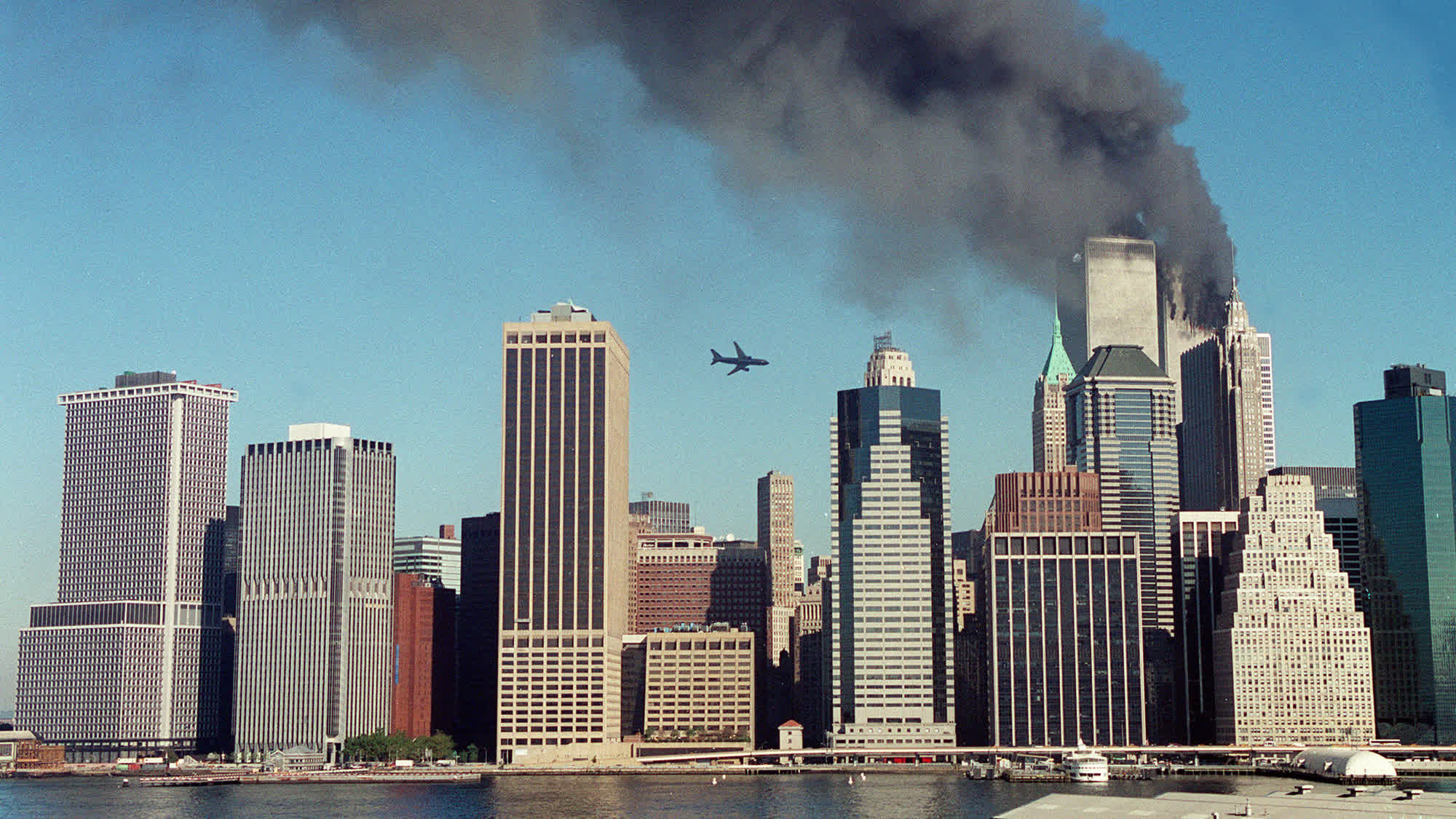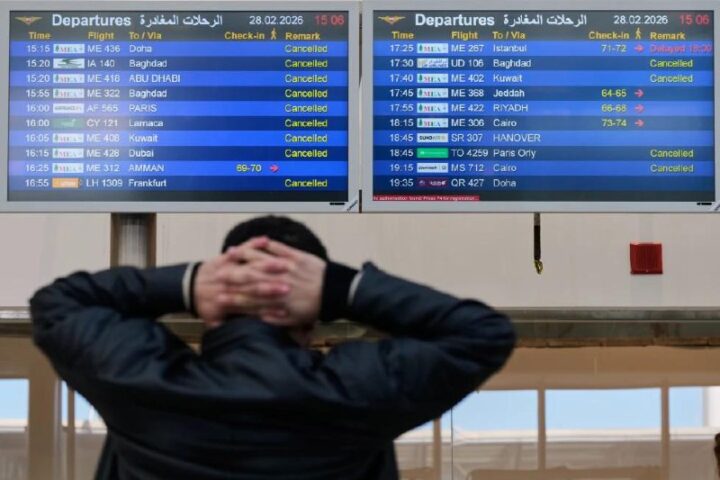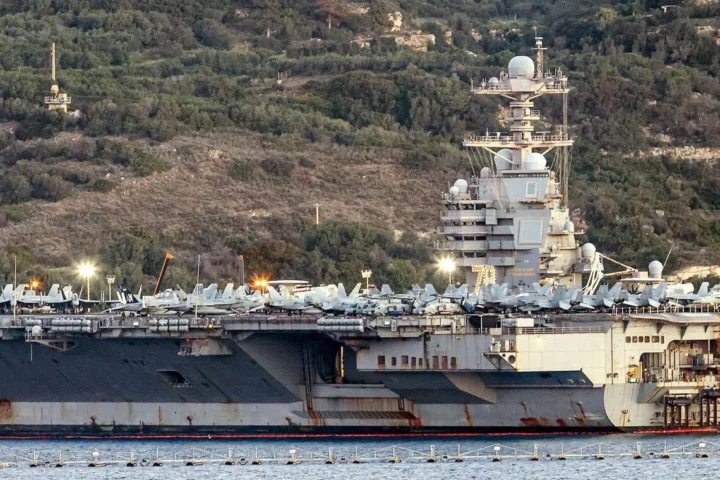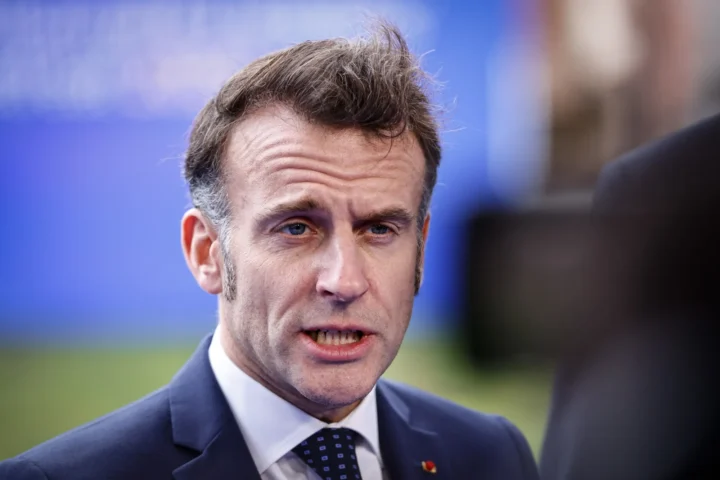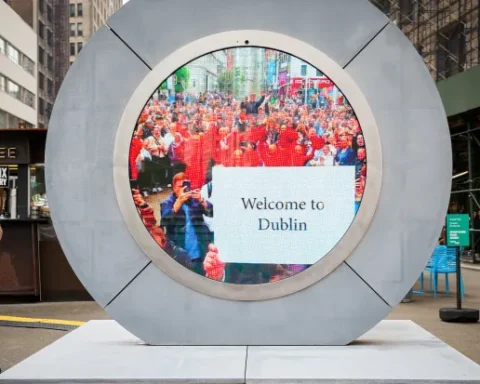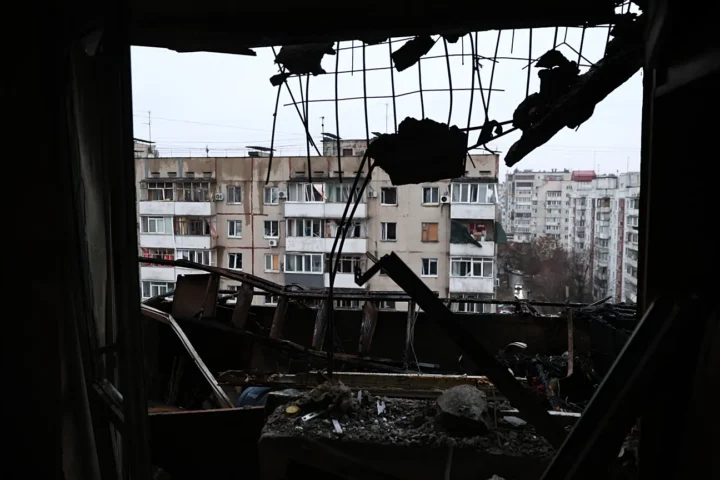The September 11, 2001 attacks—commonly referred to as 9/11—remain one of the most significant and tragic events in modern American history. On that day, a coordinated terrorist plot by the extremist group al-Qaeda led to the deaths of nearly 3,000 people and reshaped global politics, security, and international relations.
The Attacks
On the morning of September 11, 2001, 19 terrorists hijacked four commercial airplanes:
- American Airlines Flight 11 and United Airlines Flight 175 were flown into the North and South Towers of the World Trade Center in New York City.
- American Airlines Flight 77 was crashed into the Pentagon in Arlington, Virginia.
- United Airlines Flight 93 was headed toward Washington, D.C., but passengers fought back, causing it to crash in a field near Shanksville, Pennsylvania.
The attacks caused the complete collapse of the Twin Towers and significant destruction at the Pentagon. Flight 93’s passengers are credited with preventing an even greater disaster, likely aimed at the White House or U.S. Capitol.
Who Was Behind It
The 9/11 attacks were carried out by al-Qaeda, an Islamist extremist terrorist organization led by Osama bin Laden. The group’s motivations, as cited in various communications, stemmed from opposition to U.S. foreign policy in the Middle East, military presence in Muslim countries, and support for certain regimes in the region.
Immediate Impact
- Casualties: Approximately 2,977 victims died in the attacks, not including the 19 hijackers.
- Economic Loss: Billions of dollars in damage and economic disruption occurred, particularly in lower Manhattan.
- Global Reaction: The attacks led to an outpouring of international sympathy and offers of assistance.
The U.S. Response
In the aftermath, the U.S. government launched the War on Terror, which included:
- Invasion of Afghanistan (October 2001) to dismantle al-Qaeda and remove the Taliban from power for harboring terrorists.
- Creation of the Department of Homeland Security and the USA PATRIOT Act, aimed at preventing future attacks.
- Enhanced airport and border security procedures.
- A subsequent invasion of Iraq in 2003, though Iraq was not directly linked to 9/11.
Investigations
The 9/11 Commission Report, published in 2004, was the official account of the events. It outlined the timeline, hijackers’ identities, and failures in intelligence and national preparedness that allowed the attack to occur.
The National Institute of Standards and Technology (NIST) also conducted studies into the collapse of the towers, concluding that the buildings fell due to the structural damage caused by the plane impacts and the resulting fires.
Ongoing Legacy
- Security and Surveillance: The attacks drastically changed global and domestic security policies, including widespread surveillance and new anti-terrorism laws.
- Foreign Policy: U.S. military and diplomatic priorities shifted dramatically, with long-term engagements in the Middle East.
- Public Memory: 9/11 is commemorated annually, and the 9/11 Memorial and Museum in New York serves as a tribute to the victims.
While the world has moved forward, the effects of 9/11 continue to shape policies, international relations, and public consciousness nearly a quarter-century later.
